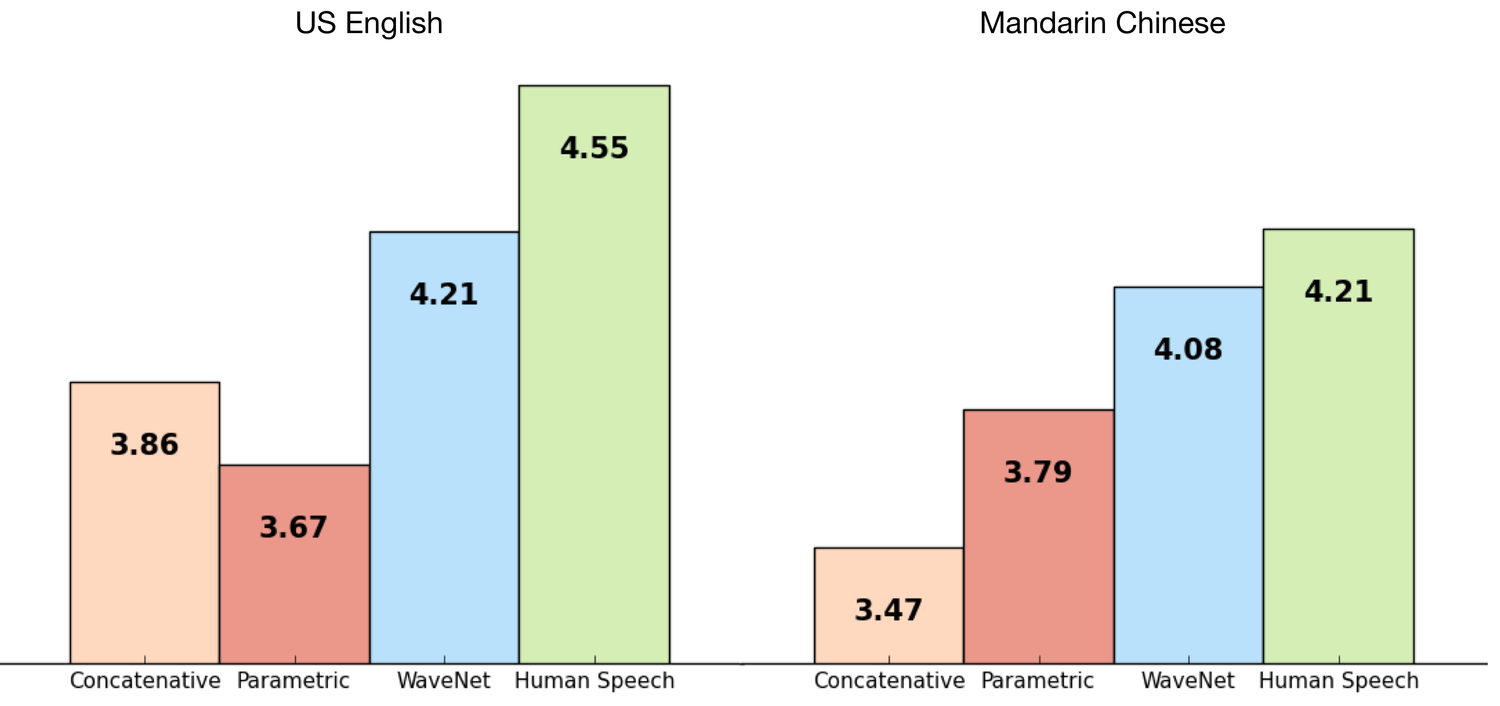What if your favourite dead artists were still painting fresh works? Fresh works containing themes *you* specifically desired? Are you still sad that
Francis Bacon perished? Are you gutted that H. R. Geiger
fell down some stairs and died? Isn't it sad that we don't have more of
Gustav Klimt's stunning paintings from his gold phase? I think so.
But here are some paintings they never made:
What is this sorcery? We've entered a new age. To explain a little...
Google's
Deep Dreaming neural net is completely
melting my brain. First, there's what Google's brain-in-a-jar-with-eyeballs makes of images you feed it. Google researchers employed layers of artificial neurons, progressively working on different levels of an images structure, letting it amplify what it *thinks* it sees. The results seem to invariably involve dog-lizards, fish and bird life where previously there may have only been spaghetti:
 |
| Exhibit: A. |
You can experiment with this marvellous craziness yourself here:
deepdreamgenerator.com
This alone is worth toying with. For example this portrait of me holding a baking dish becomes something of a Dr Seuss trip, complete with fish-lizards, mutant turtle-birds and shirt monkeys. Click the images below for larger versions:


 |
| close up weirdness |
This is obviously fantastic. Like, really? Are we at that point where a computation can spontaneously add human-meaningful elements to an image? I... I guess we are. For the longest time computer-vision and image synthesis has been perfunctory at best, suited only perhaps to picking objects off a conveyor belt robotically or extending tileable textures from photos etc. We've all witnessed and read about the arrival of face-tracking and matching technology however, and now it's approaching an exciting tipping-point. Computers are no longer able to simply recognise faces, they're able to
replace them believably in realtime. But I digress.
Extending on Google's research, other parties have created more online tools where you can supply the guesses for what the deep dreaming algorithm sees by giving it a source image to choose elements it recognises from. This is like saying 'Make me a new image from this photo in the style of this image'. For example:
 |
| Who doesn't like Van Gogh's Starry Night? |
 |
| Brian painted by Van Gogh? |
I know what you're thinking. What if The Great Wave of Kanagawa was really about skulls instead of tsunamis? Well:
Me in the style of Duchamp's Nude Descending a Staircase? Yes.
 |
| Naum Gabo yeah yeah! |
This app allows you to upload your chosen combinations to the cloud where the computation is performed. It is intensive and as such, only a limited resolution is permitted - somewhere in the realm of 500px on the longest side, and this takes roughly ten minutes to produce. You can currently upload up to 3 combos at a time as an obvious compute load and bandwidth constraint.
I'm not sure what this means for art and originality. Obviously the combinations I've managed to produce are in no way able to be passed off as legitimate works by the original artist at all. But then, now the new work is 50% my contribution? According to copyright law and the internets this may be the case. Everything is a remix huh.
However, I think the strength of a successful image still lies equally in the concept behind the image, as well as it's execution, and currently the computer isn't coming up with too many great artistic concepts on its own.
Yet.
-j
 |
| Stanley Donwood I probably owe you a beer. |

























